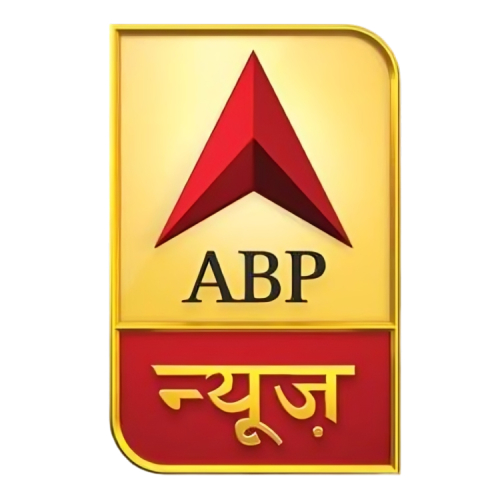Artificial Intelligence: Take your career to the next level with our advanced training program
1st Feb 2026
Batch Starts
2 Months
Duration
5 Seats Left
Seats Available
4.8 
Program Rating
Overview
Program highlight
Empower Your Career with Our Complete, Industry-Focused Program
Designed for college students, Professionals, and Innovators Across All Fields.
Master Industry-Standard Skills with Certified Programs by Wipro.
Earn certificates for your internship and program achievements.
Create a standout job-ready profile with an impressive project portfolio.
Here's Why You Need To Master This Program

100K +
Job Openings
$1.8 trillion
Global Market Size
₹ 10 lakh
Average Annual Salary
- Overview of AI
- The simulation of human intelligence processes by machines, especially computer systems
- Applications of AI
- Healthcare
- Finance
- Autonomous Vehicles
- Robotics
- Education
- Gaming
- AI Foundation and History
- Mathematics
- Linguistics
- Control Theory & Cybernetics
- Computer Engineering
- Types of AI
- Capabilities - Weak AI, General AI, Super AI
- Functionalities - Relative Machines, Limited Memory, Theory of Mind
- Introduction to Python
- Python Functions, Packages, and Routines.
- Functions: Fuctions are blocks of reusable code that perform a specific task.They are defined using the def keyword, allow parameters, and can return results, making code more modular and organised.
- Python Packages: Packages are collections of modules that group related functions, classes, and routines together.
- Routines: Refers to a series of programmed instructions or functions that can be reused to perform common tasks. They help automate processes, improve efficiency, and minimise code duplication.
- Working with Data structure, Arrays, Vectors & Data Frames.
- Data structures in Python (e.g., lists, tuples, dictionaries, and sets) are ways to store and organise data efficiently. They allow for easy access, modification, and management of data depending on the structure's properties.
- Arrays (using libraries like numpy) and vectors are ordered collections of elements, typically of the same data type. Arrays support fast mathematical operations, while vectors are 1D arrays often used in linear algebra and machine learning.
- It is a two-dimensional, table-like data structure (from libraries like pandas) where data is stored in rows and columns. It’s ideal for handling and manipulating structured data, similar to spreadsheets or SQL tables.
- Pandas, NumPy, Matplotib packages.
- Powerful library for data manipulation and analysis, Pandas provides data structures like DataFrames, allowing for easy handling, cleaning, and transformation of structured data.
- A fundamental package for numerical computations, NumPy offers support for multi-dimensional arrays and a wide range of mathematical functions for operations on arrays and matrices.
- A popular plotting library used for creating static, interactive, and animated visualisations in Python, Matplotlib allows users to generate a wide variety of charts, including line plots, histograms, and scatter plots.
- Intelligent Agents
- Autonomous systems that perceive their environment, make decisions, and take actions to achieve specific goals, often improving performance through learning and adaptation.
- Rational Agents
- These agents act to achieve the best possible outcome based on the information they have, making decisions using logic, knowledge, reasoning and aiming to act optimally in any given situation that maximises expected utility and aligns with their goals.
- PEAS Representation
- Performance
- Environment
- Actuators
- Sensors
- Types of AI Agents
- Simple reflex agents
- Model-based agent
- Goal-based agents
- Utility-based agents
- Learning agents
- Uninformed Search Examples
- Explore a problem space without using additional information beyond the structure of the problem.
- Search Algorithms
- Terminologies
- Transition Model
- Optimal Solution
- Uninformed Search Algorithm
- Breadth First Search
- Depth First Search
- Depth Limited Search
- Uniform Cost Search
- Iterative Deepening Depth First Search
- Bidirectional Search
- Informed (Heuristic) Search Algorithm
- Best First Search
- A* Search
- Hill Climbing Algorithm
- No Backtracking
- State Space Diagram
- Simple Hill Climb
- Steepest Ascent Hill Climb
- Stochastic Hill Climb
- Adversarial Search and Games
- Purpose: Game-playing
- Components: Players, States
- Deterministic Games
- Non Deterministic Games
- Zero Sum Game
- Tic Tac Toe Game
- Minimax Algorithm
- Goal: Optimal decision-making
- Type: Adversarial search
- Process: Evaluate moves, Minimise loss
- Components: Max player, Min player
- Use: Two-player games
- Alpha-Beta Pruning
- Purpose: Optimise Minimax
- Function: Reduce search space
- Technique: Prune branches
- Efficiency: Faster evaluation
- Use: Game AI strategies
- Introduction to ML
- Types of ML
- Supervised Learning
- Unsupervised Learning
- Reinforcement Learning
- Life Cycle of ML
- Gathering Data
- Data Preparation
- Data Wrangling
- Data Analysis
- Train Model
- Test Model
- Deployment
- Supervised Learning
- Classification - Logistic Regression, Decision Trees, SVM, KNN, Naive Bayes,
- Regression - Linear Regression, Polynomial Regression,Ridge Regression,SVR
- Unsupervised Learning
- Types: Clustering, Dimensionality Reduction, Association
- Techniques: K-Means, Hierarchical Clustering, PCA
- Clustering Methods
- Partitioning Clustering
- Density Based Clustering
- Distribution Model Based Clustering
- Hierarchical Clustering
- Association Rules
- Metrics of Association Rule Learning - Support, Lift, Confidence
- Types - Apriori Algorithm, Eclat Algorithm, F-P Growth Algorithm
- Introduction to Deep Learning
- Architecture and Application
- Architecture - Deep Learning Network, Deep Belief Network
- Types - FFNN,CNN,Restricted Boltzmann Machine, Autoencoders
- Deep Learning Algorithms
- Convolutional Neural Networks
- Long Short Term Memory Networks
- Recurrent Neural Networks
- Generative Adversarial Networks
- Radial Basis Function Networks
Text Classification With Tensorflow
Mastery of TensorFlow Ecosystem: Gained practical experience in working with TensorFlow, TensorFlow Hub, and TensorFlow Datasets for loading, splitting, and processing data, especially for tasks like sentiment analysis.
Transfer Learning for NLP: Learned to leverage pretrained models from TensorFlow Hub to efficiently implement transfer learning in natural language processing tasks, enhancing model performance with minimal effort.
Model Building and Evaluation: Developed skills in building, training, and evaluating neural networks, focusing on performance metrics like accuracy and loss to fine-tune the model for better predictions.
Classification of Pet's Faces
Image Data Handling and Label Encoding: The project effectively extracts pet breed names from image filenames, encodes them into numerical labels, and resizes images to a standard size (224x224), ensuring consistency for model training.
Dataset Exploration and Visualization: The project uses Matplotlib to visualise the pet images and their distribution, helping to identify class imbalances and ensuring that the dataset is suitable for building a robust classifier.
TensorFlow Integration for Feature Extraction: It leverages TensorFlow’s image processing capabilities to load, resize, and convert images into arrays, preparing the dataset for deep learning model development focused on pet breed classification.
Object Detection using Tensorflow
Deep Learning Fundamentals: Gain a solid understanding of object detection algorithms, enhancing knowledge of convolutional neural networks (CNNs).
TensorFlow Proficiency: Improve TensorFlow skills, learning to train and fine- tune models for accurate detection of multiple object classes.
Data Annotation and Preprocessing: Learn the importance of data annotation and preprocessing to ensure reliable model training and enhance detection accuracy.
Landmark Detection
Image Preprocessing and Data Management: Gained experience in loading, managing, and preprocessing large-scale image datasets using libraries like OpenCV, PIL, and pandas, essential for preparing data for deep learning models.
Using VGG-19 for Transfer Learning: Applied the VGG-19 model, a powerful pre trained convolutional neural network, for transfer learning. This involved adapting the model to classify landmark images, showcasing the efficiency of using pre-trained architectures for specialised tasks with limited labelled data.
End-to-End Workflow Integration: Developed skills in building an end-to- end workflow, integrating TensorFlow for model training, OpenCV for image handling, and Matplotlib for visualisation. This included fine-tuning the VGG- 19 model for improved performance on the landmark classification task.
Get Certified, Get Ahead! Your success starts here!

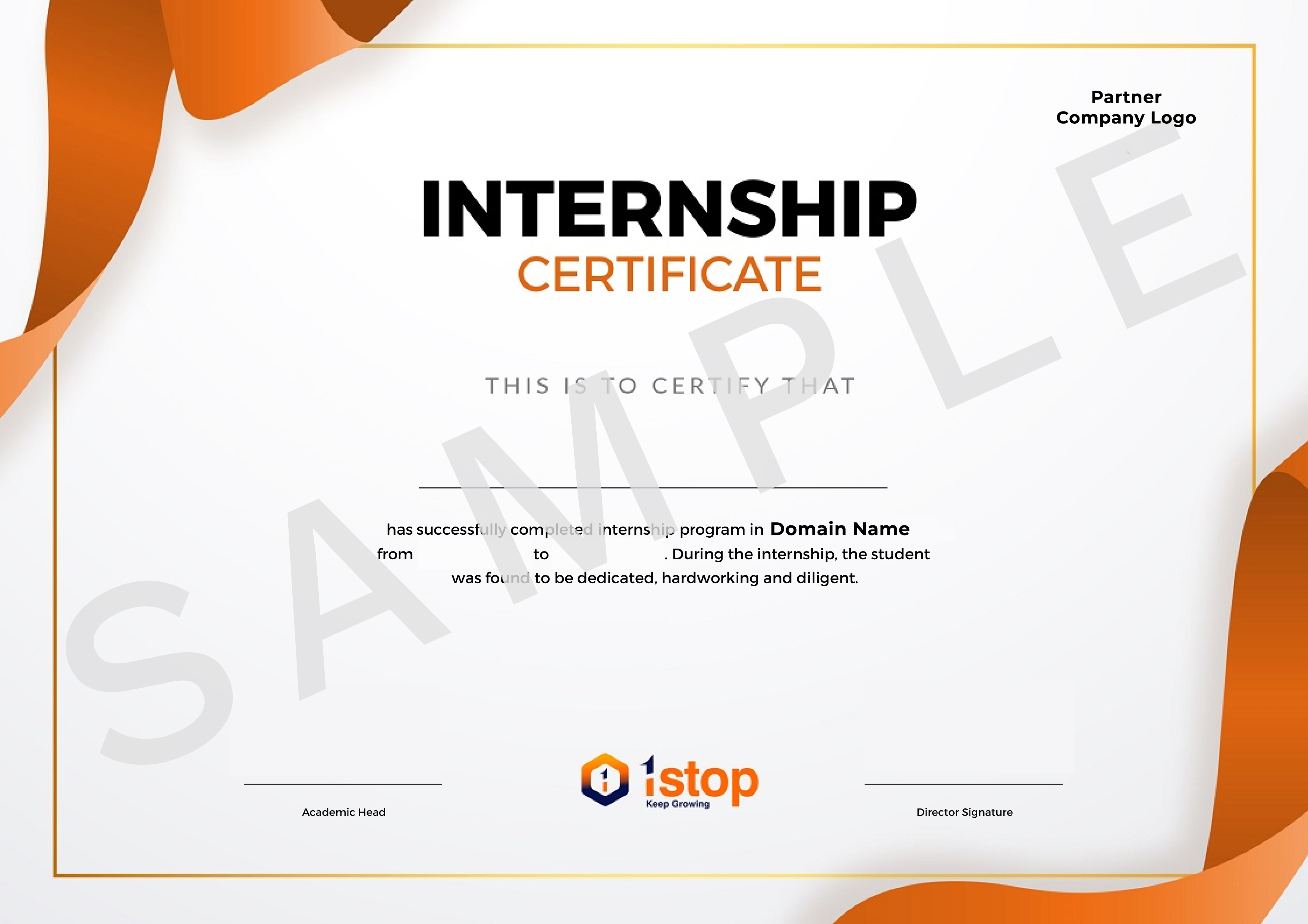
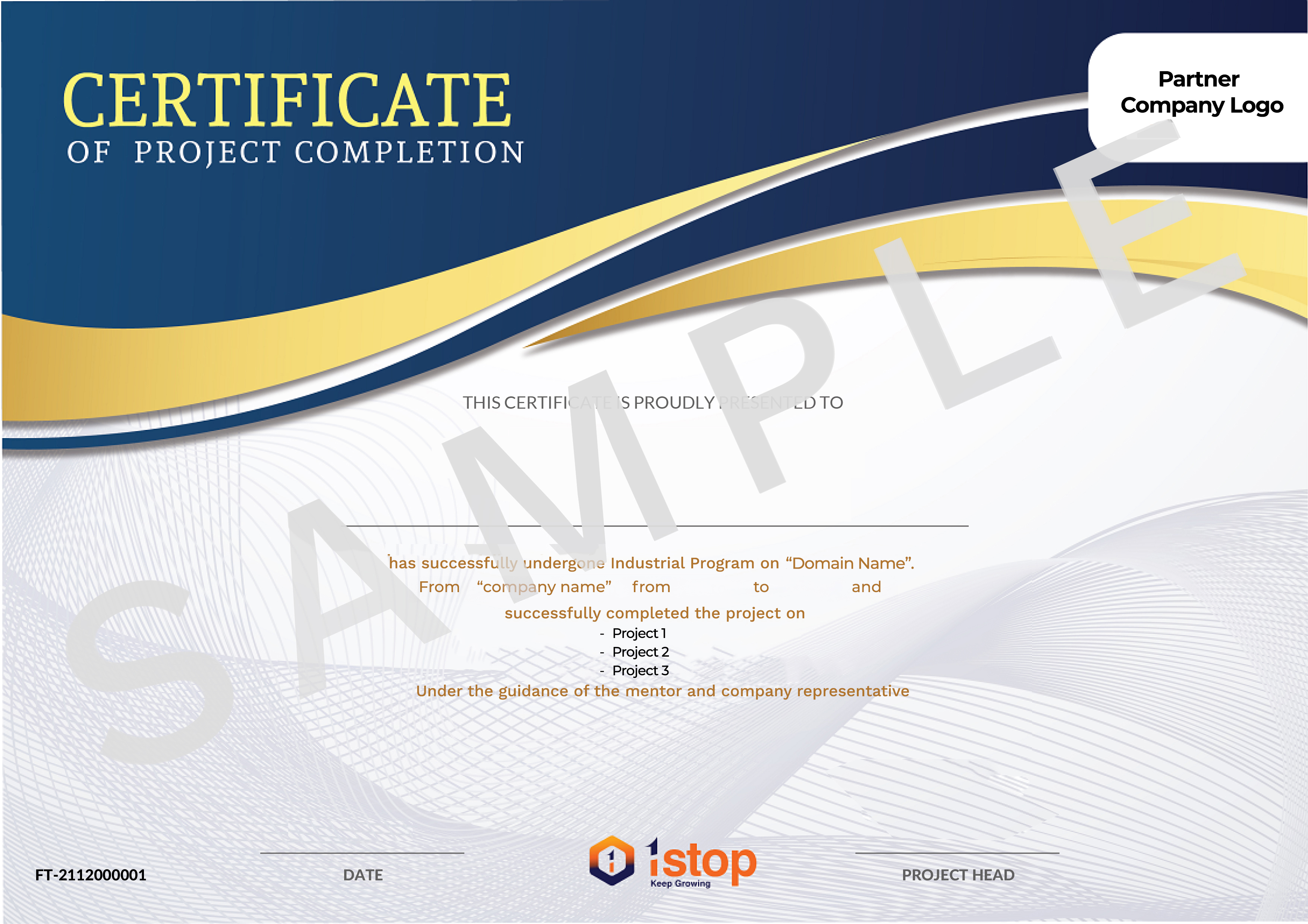

Meet your mentors!
Our expert instructors guide you through the fundamentals in an engaging and supportive learning environment.



4+ years mentoring experience
Sankal Tomar
Sr. Data and Applied Scientist
Senior Data Scientist | Senior System Engineer at Infosys


3+ years mentoring experience
Gaurav Kumar Verma
AI Consultant @Google
Software Architect | Data Scientist | Associate Engineer


5+ years mentoring experience
Rajendra Mehta
Head of Analytics
Head of Analytics | Chief Data Scientist at LTIMindtree


2+ years mentoring experience
Sathya Prakash Soma
Senior Technical Trainer
Senior Technical Trainer | Senior Java Consultant


4+ years mentoring experience
Sahil Handoo
AI Engineer @Google
AI Engineer | Data Engineer at Yara International


6+ years mentoring experience
Suddhasatwa Bhaumik
Strategic Cloud Engineer
Google Cloud Consulting | Senior Manager Data Products at VOIS


4+ years mentoring experience
Swati Thakur
Cloud Consultant @Google
Cloud Consultant|Senior Data Analyst


3+ years mentoring experience
Aishwarya K
Cyber Security:Manager Program Delivery
Cyber Security Mentor | Analyst | Cyber Security Trainer


3+ years mentoring experience
Akash Nagineni
Software Developer
Frontend Trainer|Building Dynamic Web App


4+ years mentoring experience
Megha Singh
Senior Web Developer
Head of Technical | 10+ Highly Scaled Applications Developed


6+ years mentoring experience
Sudhakar G
Principal Architect
Technical Lead | Sr. Delivery Manager


10+ years mentoring experience
Raj Ranjan
Sr. Software Developer @Amazon
Software Dev Engineer|Back-end Developer

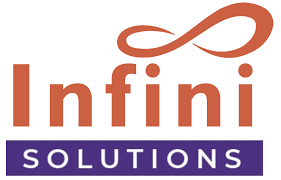
4+ years mentoring experience
Jacob Dennis P
Senior Software Engineer
Web Technologies | Database Technologies | Frameworks | Architecture and Server Management, AWS, Google.
Alumni’s Testimonies

See what 1Stop Learners have achieved.
Collaborating with 50+ top-tier universities and educational institutions


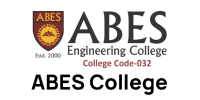
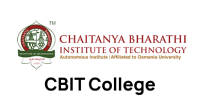

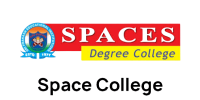
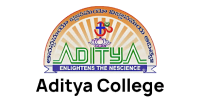



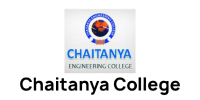

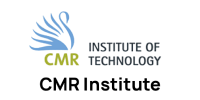
Enroll Now and Become One of 50,000+ Happy Learners!

- Program Duration : 2 months
- 30 Hours of Content
- 3 Projects
- Live Sessions During Project Execution & Training
- Life time access for content and Customised Dashboard
- Project Completion Certificate from Partnered Companies
- Internship Offer Letter
- Internship Completion Certificate
- Customised Resume Builder
- Program Duration : 2 months
- 30 Hours of Content
- 3 Major Projects
- 1 year Access for Dashboard and Content
- Project Completion Certificate
- Internship Offer Letter
- Internship Completion Certificate
- Program Duration : 4 months
- 40+ Hours of Content
- 5 Projects
- Live Sessions During Project Execution & Training
- Life time access for content and Customised Dashboard
- Project Completion Certificate from Partnered Companies
- Internship Offer Letter
- Internship Completion Certificate
- Customised Resume Builder
- Program Duration : 2 months
- 30+ Hours of Content
- 3 Major Projects
- 1 year Access for Dashboard and Content
- Project Completion Certificate
- Internship Offer Letter
- Internship Completion Certificate
FAQs

General
Internship
Programs perfectly matched for you

If you haven’t heard, 1Stop is making major headlines!













